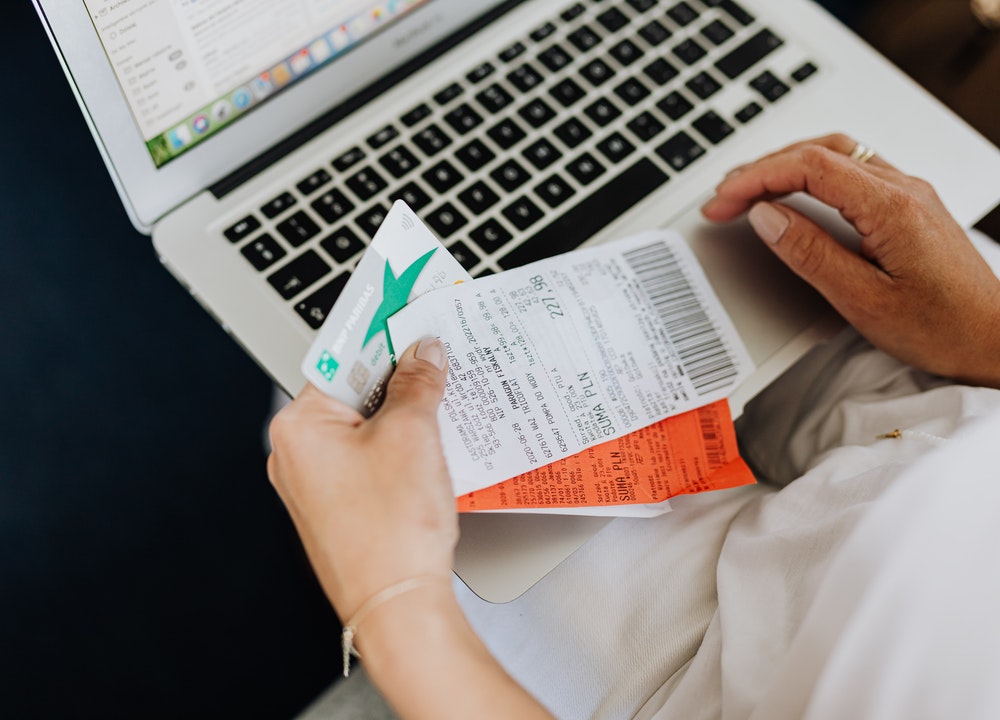Ant expenses are small amounts of money that are usually used, unconsciously most of the time, in small daily pleasures or in things that are not really needed. Being small amounts, they do not represent, a priori, a large outlay for personal finances. However, these types of transactions for small sums of money can have detrimental effects, for example, significantly reduce or destroy the ability to save.
How do ant expenses affect your personal finances?
Ant expenses have the particularity of going unnoticed as their amounts barely reach two euros each day. These types of expenses are made several times a day, every day, so that, when added at the end of the month, we find a significant amount of money. And what are the ant expenses ? They are that coffee that you drink every day at the bar in the corner of work; It’s the mid-morning snacks , that supermarket craving you didn’t need, or that taxi ride you could have avoided.
And why don’t we notice these ant expenses ? Because they are generally aware of the large sums of money that are disbursed at one time, such as rent or bills and receipts; or the public transport bonus or the self-employed quotas and car insurance, for example. That is why we tend to ignore those euros that are leaving our pockets on a daily basis.

Characteristics
It is very important to learn to distinguish the ant expenses to avoid those “leakage” of monthly money. How to know that an expense is ant? To begin with, ant expenses are small amounts of money that represent little relevance when making the payment. It is possible that you say phrases like “One euro is not going to change my economy” or “What are two euros?”. Another characteristic of this type of transaction is that they are periodic: coffee every day or cane every Tuesday and Thursday after work.
This type of expense is not usually accounted for, so they have the characteristic of going unnoticed; and it is precisely this character that makes them avoidable; that is, if they are not relevant enough to account for them, it means that they can be avoided or replaced by cheaper options. Another characteristic of these expenses is that they are not planned or budgeted, since they are usually the result of a compulsive or unnecessary purchase. Finally, the ant expenses, when added together, generate amounts of money that can be considerable and reduce the economy. The money spent on an ant expense could be saved and improve financial health.
How to identify ant expenses?
Is it really important to identify ant expenses and avoid them? If you want your personal economy to improve and maybe save for that vacation or that trip you had in mind, then it is best that you start by banishing those small and unnecessary purchases. The first thing you should do is record all the small expenses you make in a day, over a month. If you are one of those who pays everything with a card, it will not be difficult for you to keep the accounts because the bank apps keep a detailed record of all the transactions.
Once you have identified these expenses, it is time to add them up to calculate how much you spend per month. Let’s take an example. The price of a cup of coffee varies depending on the city you are in; In Galicia, a coffee with milk costs €1.10, while in Madrid, the price can reach up to €2.50. Suppose it costs two euros and you drink a coffee every day. Per month, you can spend about €60 just on coffee (it also depends on whether you drink that coffee every day or only on the days you work). Think of all the things you could do with that €60. To begin with, in two months you could buy a good coffee maker and start preparing coffee at home and save that €60 you spend per month and invest it in something else.
Main ant expenses in Spain
In our country, ant expenses are spread over different economic sectors. The restoration takes a good part of these expenses, since a large part of the population prefers to eat out to take a tupperware to the office. Keep in mind that a daily menu, in a big city, can reach up to €15. Another of the most frequent ant expenses in Spain is related to entertainment services; In our country we can find multiple streaming services for music, reading, cinema, television, etc. We invite you to assess which of all these services you really use and stick with just that one.

Credit and debit card fees are minuscule, but very important, ant expenses . These commissions are charged for payments that are not made on time or cash withdrawals at ATMs that are not from your bank, but also for payments abroad. On the other hand, we find that vices also suppose an expense that reduces the personal economy; Here we focus on tobacco, a substance that 24.5% of the Spanish population consumes. For example, the cheapest package can be found for four euros; if one is consumed per week, the cost per year will be €208; this without taking into account that there are different brands, prices and the number of packages per week varies considerably between people.
Learn to control and avoid unnecessary expenses
It does not mean that you have to get rid of all the ant expenses, but it does mean that you can learn to control them if you want to save and improve your financial health. Once you identify what you spend your money on (small payments), learn to differentiate what is worth it or how you could replace those purchases with a cheaper option and banish the expenses that are truly unnecessary.
- Start by creating a monthly budget that allows you to know how much money you can spend and how much you can save. Once you do this, you can allocate an amount for ant expenses; This way you won’t have to completely get rid of those little quirks, but you will learn to control them without going over your budget.
- If most of your ant expenses are in food and drinks that you buy at work, maybe you should consider taking your snacks, tupperware and drinks to work. You can afford to eat one day in the usual bar or cafeteria.
- Set a monthly savings goal. This goal must be realistic and according to your possibilities.
- Use alternative transportation methods. If paying a transportation voucher isn’t worth it, consider cycling or walking, something that will help you exercise and clear your mind.
- Making a shopping list and sticking to it is also a good way to help you keep track of your spending. Remember that in the supermarket many times you buy things that are not necessary.
- Get rid of subscriptions to streaming services you don’t use as often.
- Use payment apps that do not charge transaction fees. As an alternative, you can also pay with bank cards exclusively online and that do not charge commissions for each payment with them, such as Revolut, Bnext, etc.
